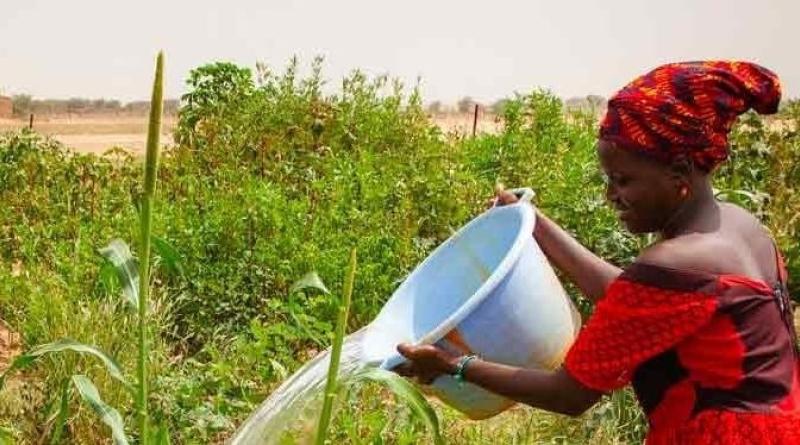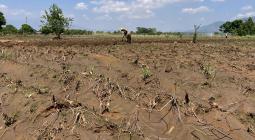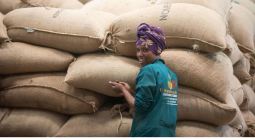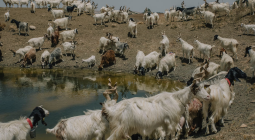17 million from the AfDB will change everything for rural women farmers in Mauritania

In Mauritania, a $17 million package from the African Development Bank (AfDB) bodes well for 22,200 households and 205 women's cooperatives that depend on agriculture for their livelihoods in rural areas.
The Project for the Promotion of Gender-Sensitive Agricultural Value Chains and Women’s Entrepreneurship in Support of the Agricultural Transformation Support Programme in Mauritania (PCVASGEF-PATAM) is on the right track. The African Development Bank (AfDB) Group recently announced $17 million in support for its implementation in the Brakna and Trarza regions.
The funds will be used to strengthen the resilience of women market gardeners, add value to agricultural produce and increase the incomes of rural women. At least 22,200 households are directly concerned. In concrete terms, the PCVASGEF-PATAM “will promote the establishment of local market garden production centres and basins throughout the year, thereby avoiding production disruptions at national level”, explains Malinne Blomberg, the AfDB’s Country Manager for Mauritania.
The $17 million will initially be used for structural improvements and the development of market garden areas for women (1,014 hectares divided into 321 small modular units of between two and four hectares) and 4,500 hectares of improved flood recession basins. In addition, two vegetable packaging and storage units will be built, along with six local vegetable markets coupled with “innovative and efficient” irrigation systems that will be powered by solar energy.
The challenge of food security
This agricultural transformation in rural areas will also involve promoting female entrepreneurship in Mauritania by “setting up innovative start-ups, young entrepreneurs and aggregation processes”, says the AfDB. To this end, the financial institution plans to set up twelve agricultural savings and credit cooperatives to support 205 women’s market gardening cooperatives in this West African country.
According to the Food and Agriculture Organization of the United Nations (FAO), “the national context of poverty, insufficient investment in the social and productive sectors, particularly agri-food, and the global context of soaring prices for certain foodstuffs”, explains the risks of food insecurity to which Mauritania is exposed. The phenomenon is most dreaded in the essentially rural “south-eastern part of the country”, where the most vulnerable are women and young children. But the situation seems to have improved in recent years. Moreover, the European Council has congratulated Mauritanian President Mohammed Ould Ghazouani (re-elected a few days ago, editor’s note) on his leadership in agriculture and security in 2022.





